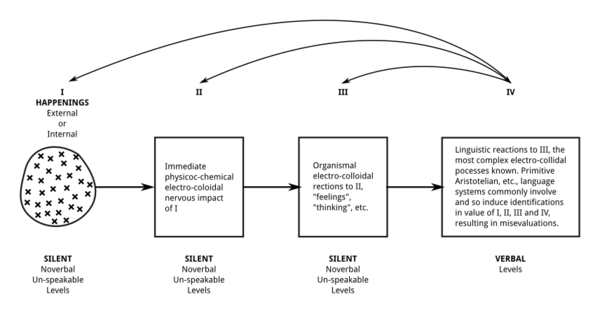Heyo
Veteran Member
(Trigger warning: this is going to be a long and philosophical OP. If you are bored by this stuff, this OP is not for you.)
Does god exist? That question is currently unanswerable and will probably remain so for a long time or even never be answerable due to a lack of an agreed upon definition of "god". But what about the definition of "existence"? I want to suggest a classification of 5 planes of existence that make it easier to talk about existence.
1. Reality
2. The plane of numbers and forms a.k.a. the plane of ideals
3. Constructs
4. Fantasies a.k.a. Fiction
5. Illusions
Not a thing
What do you think? Would that make the discussion of the existence of gods and other things easier?
Does god exist? That question is currently unanswerable and will probably remain so for a long time or even never be answerable due to a lack of an agreed upon definition of "god". But what about the definition of "existence"? I want to suggest a classification of 5 planes of existence that make it easier to talk about existence.
1. Reality
Real are all those things that can be measured with a scientific instrument, repeatedly, objective and independent. Particles, forces and fields are real (and nothing else is). Reality is the subject of the "hard" sciences, physics, chemistry, biology, etc.
2. The plane of numbers and forms a.k.a. the plane of ideals
This is taken from Plato's idea of ideals. But other than Plato, I don't call them "real". These are things that must exist by necessity. They are found by sapient beings, not constructed. Mathematicians and philosophers deal with ideals.
3. Constructs
Things that exist only by consensus, like laws, nations or borders. This is the domain of lawyers, politicians and the "soft" sciences like sociology.
4. Fantasies a.k.a. Fiction
Fantasies are shared ideas of the unreal. We accept that they are not real but we can talk about them as if they were real. We say that Dumbledore exists in the Harry Potter "universe". This is the realm of literature and lore.
5. Illusions
The most unreal and hardly existing things are illusions. These are the things that exist only through a skewed perception like dreams and hallucinations. Unfortunately some people take them for real. When that happens, this is the problem of psychology.
Not a thing
The English language allows us to substantivise verbs and adjectives. That creates artificial, only grammatical "things" that aren't. That's why I reject the idea to include a plane for emotions. Love is not a thing, it is something we do.
What do you think? Would that make the discussion of the existence of gods and other things easier?

